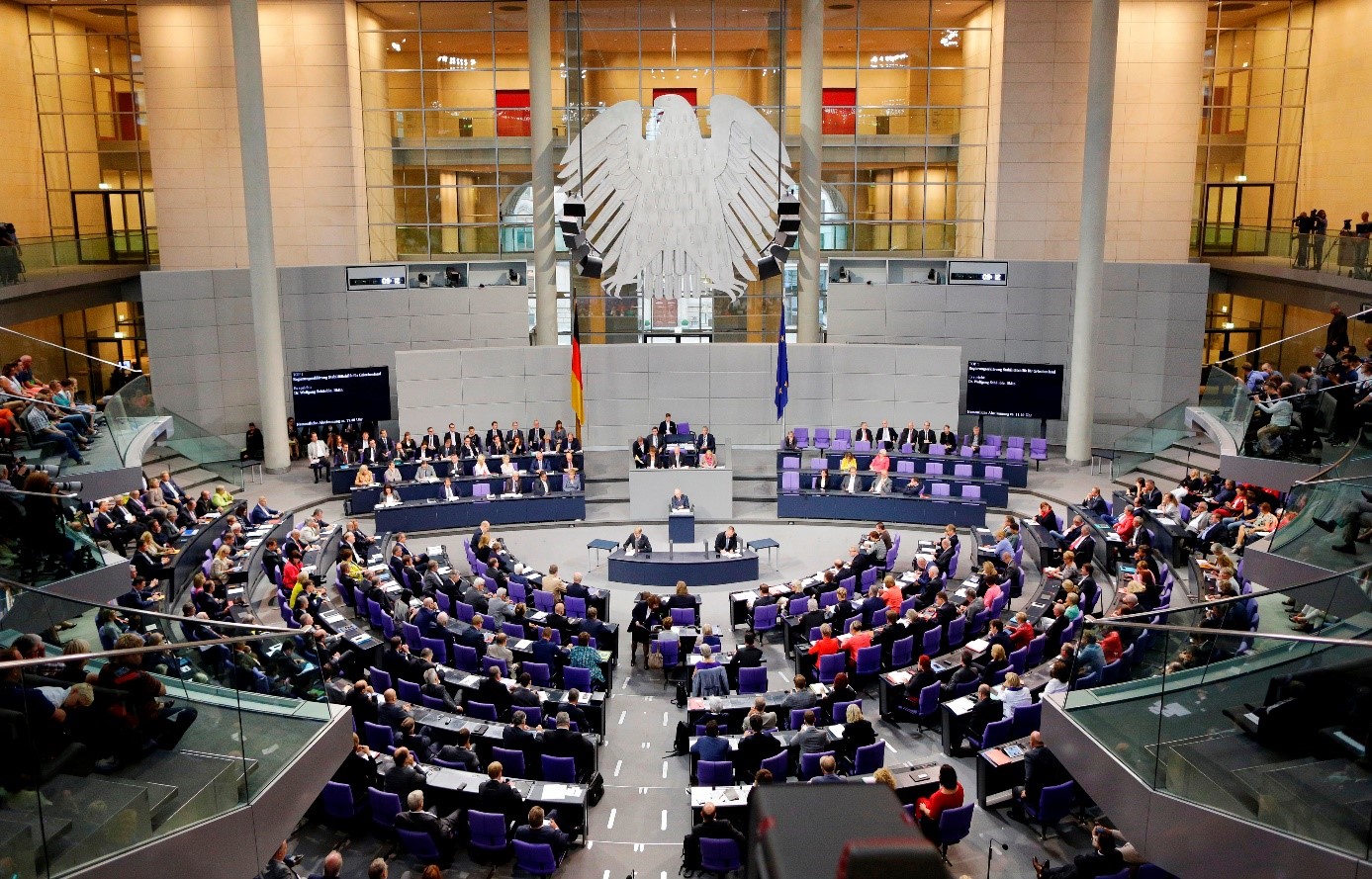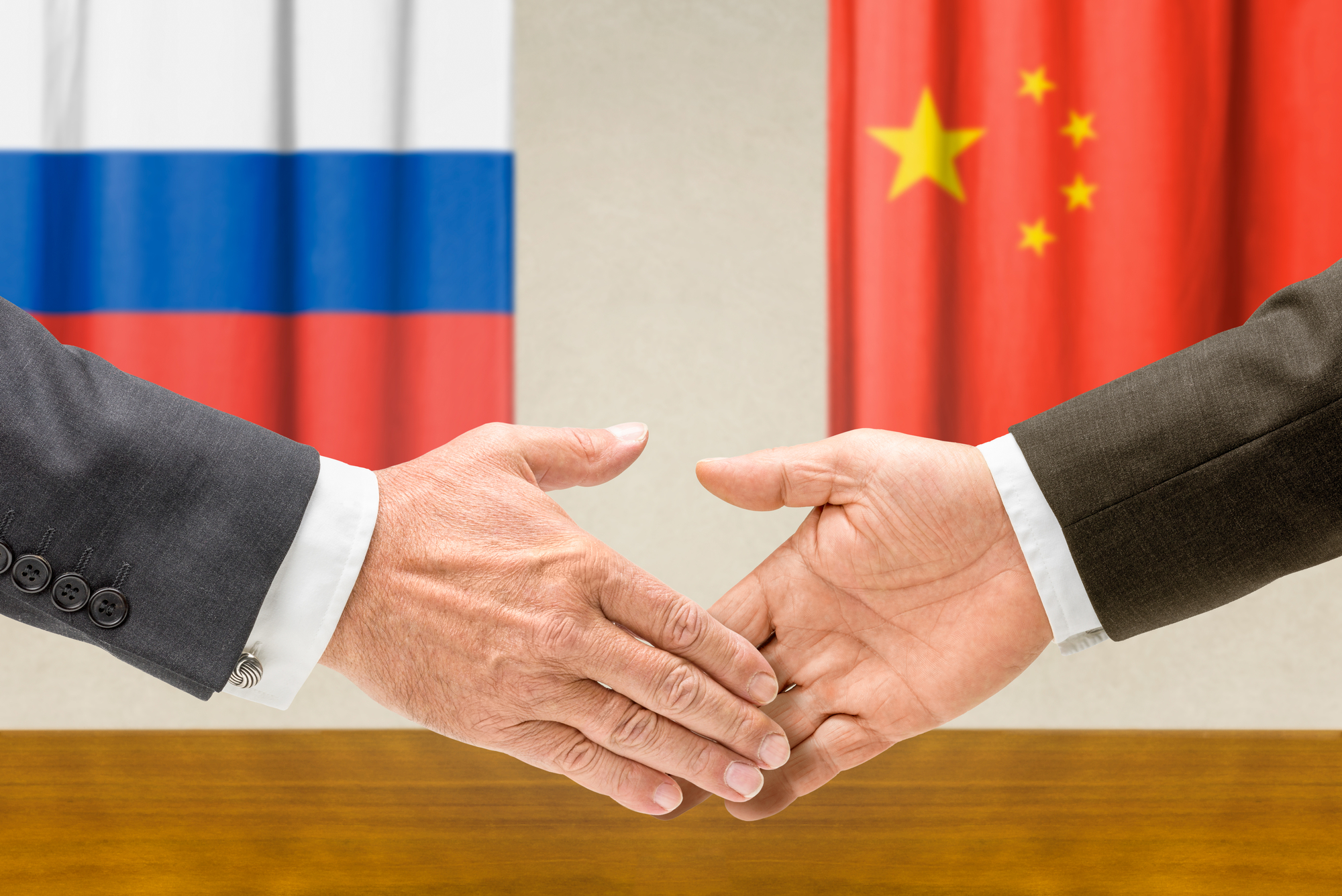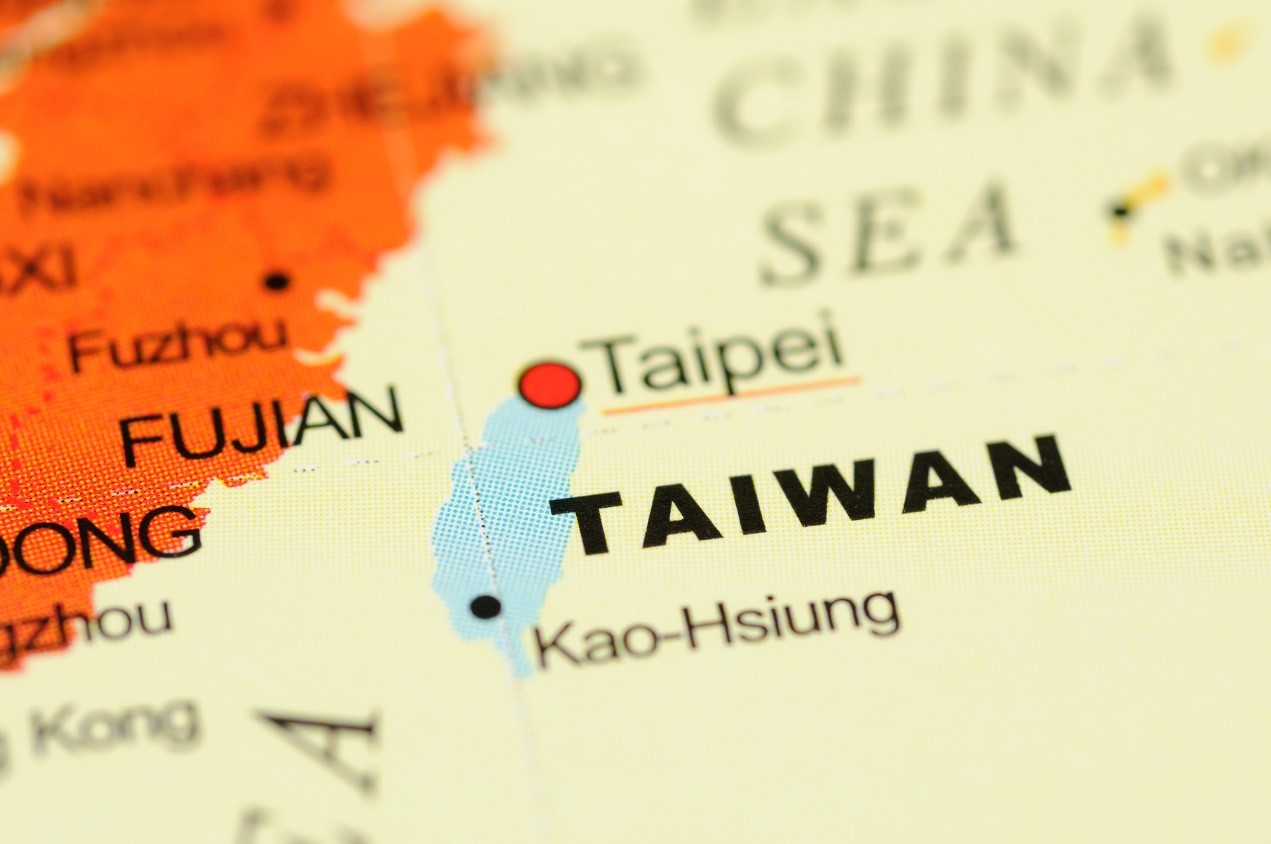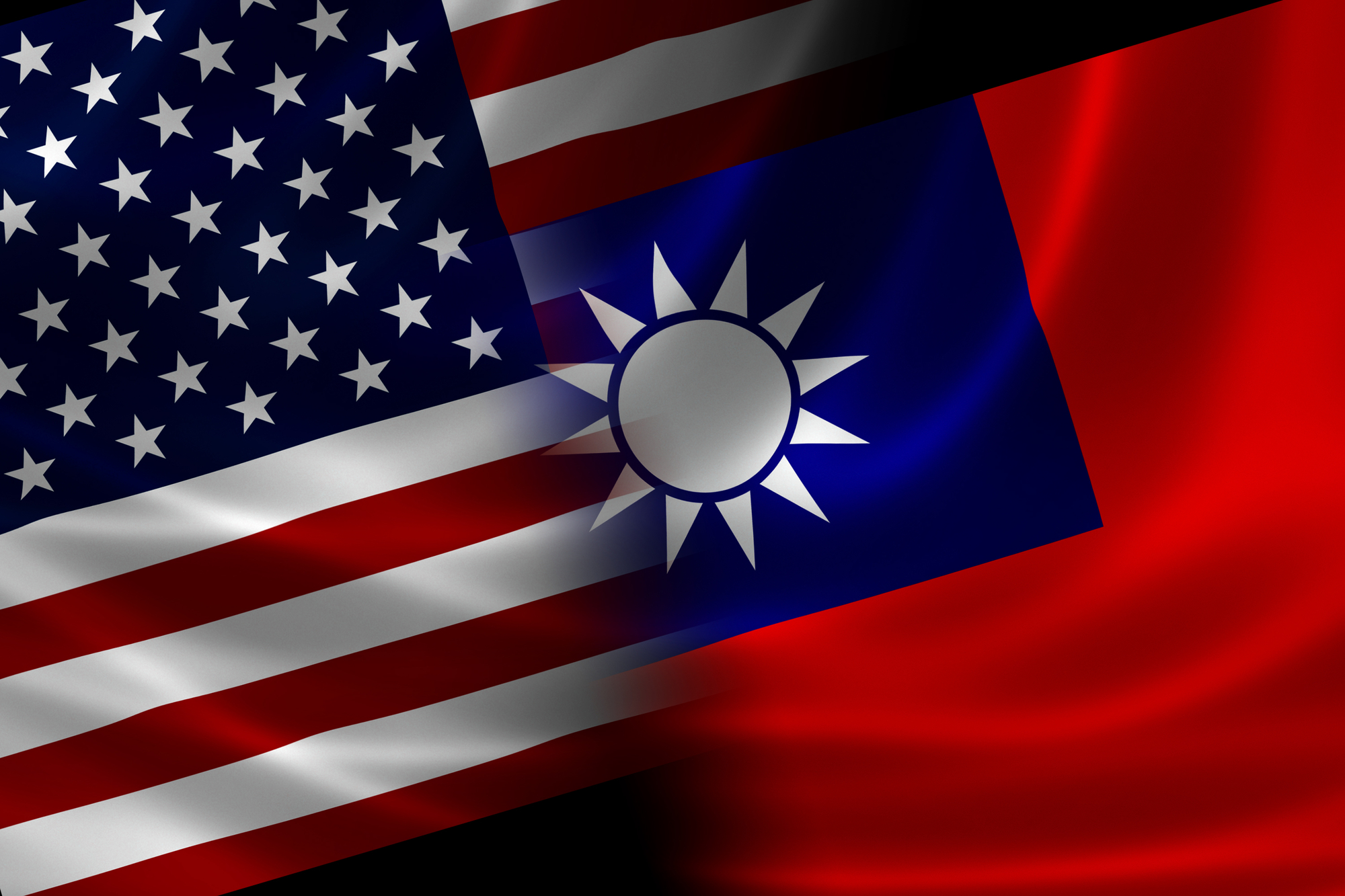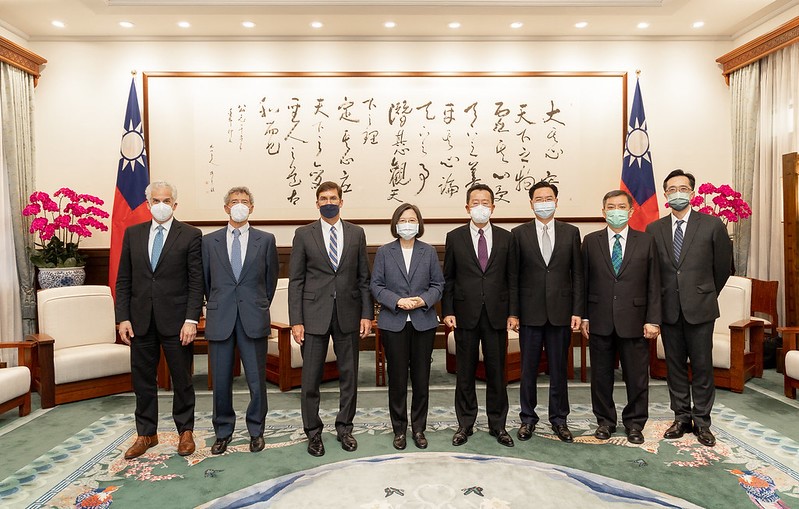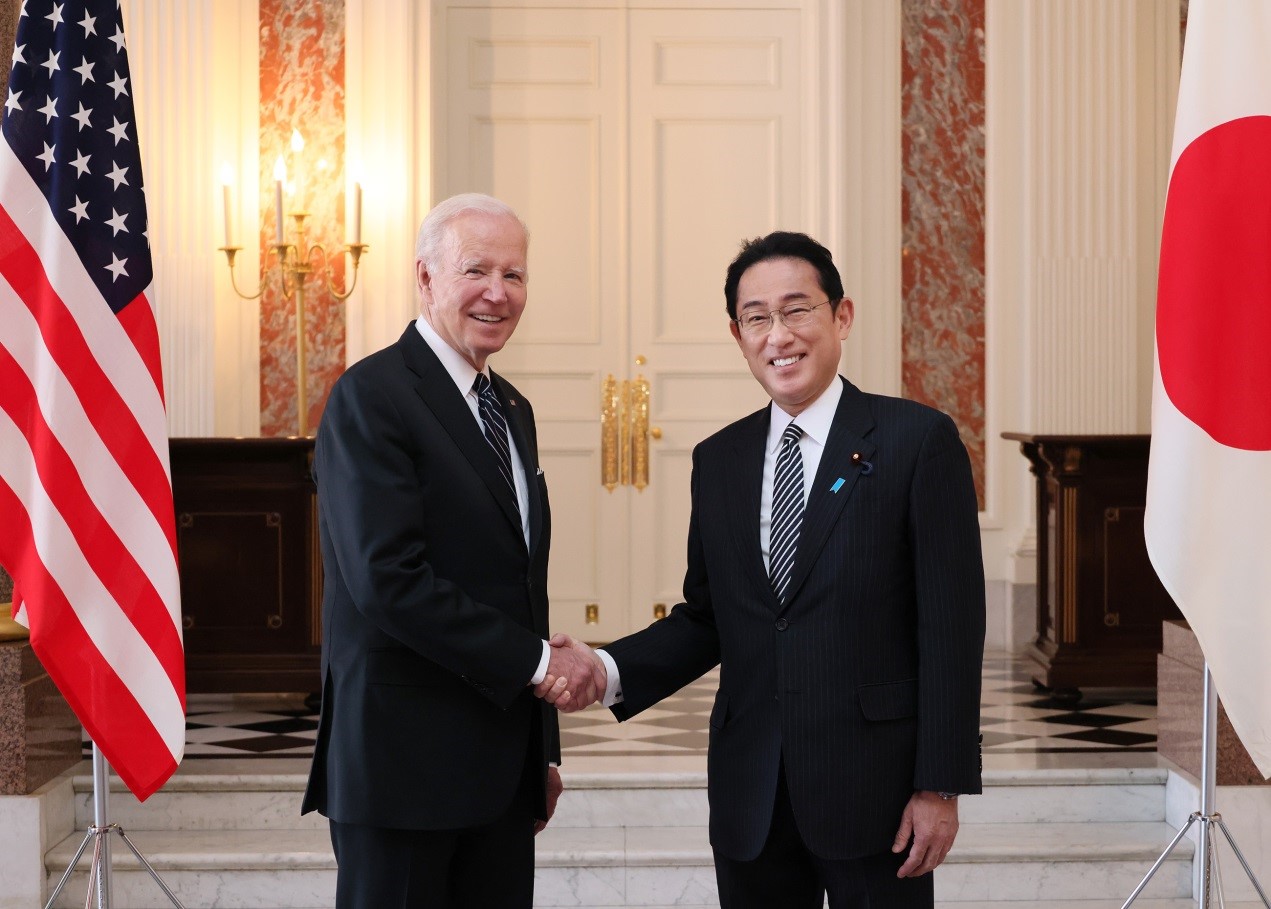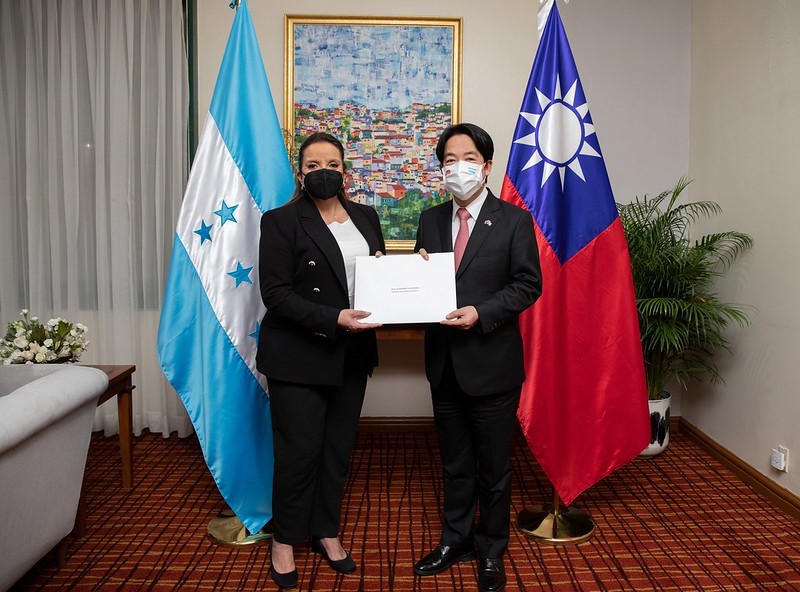These voices suggest that a change of direction in German’s policy toward Taiwan and the Indo-Pacific is possible. However, due to longstanding trends in German politics, such change is likely to be gradual. Picture source: Deutscher Bundestag, Deutscher Bundestag, https://www.bundestag.de/
Prospects & Perspectives 2021 No. 49
German Elections: The End of Appeasement or Much of the Same?
September 24, 2021
With Angela Merkel’s departure from the Chancellor’s office, foreign observers have been wondering what a new coalition in government would mean for Germany’s policies toward Taiwan and more broadly for the Indo-pacific region. Alas, neither Taiwan nor the strategic question of the Indo-Pacific are being discussed broadly anywhere in the public arena and certainly not on the campaign trail.
This is not due to this specific region of the world. In fact, the total lack of discussion on foreign policy and defense issues in general during the campaign for the parliamentary elections, which will be held on Sept. 26, is symptomatic of an inclination within a rather provincial political class that has been sleepwalking through the strategic challenges of the 21st century.
Ms. Merkel herself does not owe her understanding of China matters to intelligence or to military briefings, but rather to her economic adviser Lars-Hendrik Roeller, who has deep professional and private contacts with China, as revealed in the investigation into the Wirecard affair by a parliamentary sub-committee of the Bundestag.
As to Germany’s current Foreign Minister Heiko Maas (Social Democratic Party, SPD), he once confessed to have gone into politics “because of Auschwitz.” As a foreign minister however, he did not appear to deploy much enthusiasm for intervening in favor of the Uyghurs apart from politely asking Beijing to uphold human rights.
His party, which has initiated an intensification of relations with Beijing in the 2000s, also shows little vigor in explaining or justifying itself for its decidedly appeasing stance toward the CCP in the past.
It continues to display a singular form of political autism even though the official positions elaborated by the party appear to have taken into account the growing threat posed by the CCP. Like the Christian Democratic Union (CDU), the SPD has adopted the narrative of systemic rivalry and a certain disinterest in the geo-political implications for Germany’s allies. Whenever it was in power, the SPD clearly prioritized economic interests over national and international security concerns. This policy has been implemented with the blessing of most representatives of German industry who, as the BBC and Deutsche Welle learned in 2019, allegedly did not even really know what was happening in Xinjiang.
One can assume that these representatives knew at least enough to know that they did not want to hear more about what was happening in this region. But how can they possibly have missed what has been happening on German territory? The CDU, the SPD and the Linke (The Left) would certainly be well advised to read the seven pages in the latest report by the German domestic intelligence agency listing the hostile activities of Chinese intelligence on German soil. This includes chapters on cyber-attacks, industrial espionage, property theft, aggressive attempts of infiltration in decision making circles, disinformation campaigns and influence operations. This goes beyond what security analysts could deem a “system rivalry.”
Recently, the German-Taiwanese Society conducted a pre-electoral survey, asking the Communist Party (die Linke), the Green Party, the SPD, the Liberal Party (FDP) and the CDU how they viewed the latest developments in German-Taiwanese relations and how their parties, if they were in a position to govern, would handle the security challenges posed by China. The answers to this questionnaire are perhaps more revealing about Germany’s painful quest for a coherent German foreign policy than about these parties’ assessments of the challenges posed by the Chinese dictatorship, let alone of the repercussions on the Indo-pacific region.
It appears pointless to discuss here the contribution from die Linke, which reads like a direct translation from a CCP communiqué. While the SPD conveniently failed to deliver its answers on time, the CDU went out of its way to justify the highly accommodating “One China” policy of the Merkel administration, hiding behind a clearly selective understanding of what the Christian-democrats believe is the current “EU consensus.” This alleged consensus will be difficult to sustain, with the current Presidency of the Council of the European Union held by Slovenia, which is rallying support for the position of Lithuania. Vilnius has been under repeated attacks from the CCP in recent months. Yet, it continues to punch above its diplomatic weight at the EU level and has garnered some success in raising the alarm on the Chinese threat while systematically putting the human rights issue on the agenda.
Hiding behind an alleged EU position could therefore prove difficult in future for the CDU even at the EU parliament within their group, the European People’s Party (EPP). The same goes for the CDU’s mixed messages regarding the “One China” policy, which makes direct relations with elected representatives and even the presence of Taiwanese officials on German soil difficult if not impossible, all this while advocating for a “pragmatic approach,” a “structured dialogue” with Taiwan and hopes for a “peaceful reunification” in the Taiwan Strait.
It was the FDP that demonstrated the most expertise in answering the German Taiwanese Association’s survey. In its answers, the Liberal party clearly signaled its determination to implement a shift in German-Taiwan relations. It does not accept the “One China” policy as practiced by the Merkel administration, underlines the exemplary role of Taiwan in digitalization, supports a bilateral free-trade agreement, pleads for the integration of Taiwan in international organizations (albeit working around the “threshold of state recognition”), and it wants to intensify trade in the Indo-pacific. More importantly, it takes a firm position for Taiwan as a bulwark of democracy and the rule of law. It also stresses the protection of minorities against CCP repression. It views Beijing as the aggressor in the region and demands a robust response from Germany and the EU in the Indo-pacific.
This interpretation is partly shared by the Greens even though they used to espouse the concept of the “One China” policy. Nowadays, even if they remain careful in their wording, they are unquestionably more inclined to developing a Taiwan policy that underlines the necessity of an intensification of relations in the fields of science and research as well as youth and student exchanges with Taiwan.
Both political parties have been involved in putting human rights issues on the agenda at the Bundestag and either of them joining a coalition in the new government would surely mean the end of appeasement towards Beijing. It would also mean the end of mixed messages, as seen in the latest developments regarding the mission of the German Navy in the Indo-Pacific region.
Incidentally, it was MP Ulrich Lechte (FDP) who most vocally criticized the German government’s decision to bypass the Taiwan Strait during the mission of the German Navy frigate Bayern in the South China Sea. He accused the Merkel administration of undermining its own guidelines for the Indo-Pacific. This display of self-inflicted strategic weakness, he argued, leaves the door wide open for CCP bullying. Facts agree with him: The refusal of Beijing to allow the frigate Bayern to anchor in Shanghai proves his point.
Last but no least, it is MEP Reinhard Bütikofer (Green Party) who has taken the lead in rallying cross-party support to implement a more assertive policy against Beijing. He systematically demanded Hong-Kong be put on the agenda, tirelessly worked on what he called a refocusing on Taiwan, and monitored the CCP’s policy of repression of minorities in China.
These voices suggest that a change of direction in German’s policy toward Taiwan and the Indo-Pacific is possible. However, due to longstanding trends in German politics, such change is likely to be gradual.
(Nathalie Vogel is a Senior Fellow at the European Values Center for Security Policy in Prague.)


